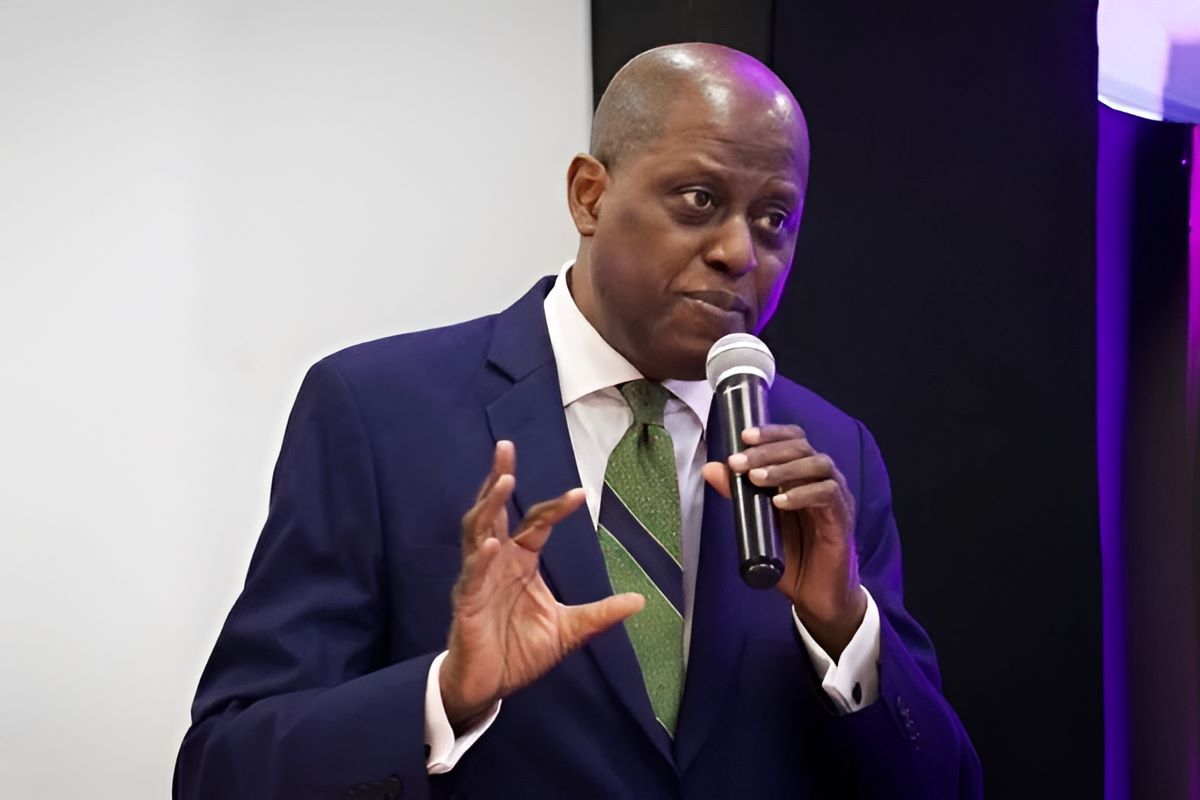Earlier this week, the Monetary Policy Committee of the Central Bank of Nigeria raised the Monetary Policy Rate (MPR) to 26.75% from 26.25%.
This increase becomes the fourth consecutive increase by the Apex Bank since February 2024 and represents an increase in the benchmark interest rate by 50 basis points, a marginal increase but an increase all the same.
Cost of living has been on a steady increase since mid-2023 and the CBN has been implementing measures to bring these under control. It is virtually impossible to pay the same cost for most household items and energy costs week on week. Sometimes it seems these prices change several times within the span of a single day. These costs have been transferred to other services such as school fees and building rents.
The latest adjustment by the CBN seems to be in line with these efforts. It is important though to critically assess how these are supposed to work in achieving the Bank’s goals especially because they are not silver bullets which can immediately cure the challenges being faced by the average Nigerian.
The MPR typically helps control the direction of the economy through several key mechanisms which include inflation control, exchange rate stabilization, encouragement of savings and management of economic growth.
The first way therefore that these upward adjustments of the MPR are designed to help in the short term is in the critical area of inflation control. How does MPR do this? it serves to control inflation by reducing spending. Higher interest rates discourage borrowing and spending, which can help reduce inflation. By reducing the money supply in the economy, the Central Bank can reduce hyper inflation, stabilize prices and maintain the purchasing power of Nigerians.
On the other side of this same coin, they incentivize savings. Increased savings returns that accrue to savings accounts and fixed deposits may offer higher interest rates, encouraging people to save more. Individuals and businesses would be more cautious about taking on debt, leading to a more stable financial environment. Businesses may focus more on improving productivity and efficiency rather than relying on cheap credit for expansion, fostering innovation and competitiveness.
In the medium term the projected outcome of this can thus be an effectively controlled inflation. If the policy is effective, the inflation we are experiencing may start to decrease, stabilizing prices for goods and services which is what Nigerians need dearly right now. It can also bring stability in the exchange rate because higher interest rates can attract foreign investment, thereby strengthening our Naira. This should reduce the cost of imports, again, helping to manage inflation. Besides, a stronger Naira can reduce speculative attacks on the currency, which further supports greater stability in foreign exchange markets.
Related Articles
But it would be realistic to expect some measure of economic slowdown as well because of this. Let’s face it...reduced borrowing can restrain business from expansion and even hiring. Even if this does not lead to job cuts, it could still impact negatively on the unemployment rate because new jobs are not being created to absorb the progressively increasingly number of graduates the country is churning out. Our large youth bulge requires a rapidly expanding to accommodate maturing Nigerians who transit into the labour market every day.
Nevertheless, if the measures control inflation successfully, it can lead to a more stable economic environment in the long term. Stable prices help people plan and invest for the future. All in all, therefore, increasing MPR bodes well for the economy.
It is important to highlight the fact that the MPR does not influence the economy in a vacuum. Several factors still need to align with MPR increase to make it yield the desired results
For raising the Monetary Policy Rate (MPR) to effectively yield the desired economic results, Government spending needs to be controlled and focused on productive investments rather than consumption. Large fiscal deficits can counteract monetary tightening efforts. Improved tax collection and a broad tax base can help reduce reliance on borrowing, contributing to overall economic stability.
Global economic conditions also play a role. For an economy like Nigeria's, which is heavily reliant on oil exports, stable or favourable global commodity prices are crucial. High oil prices can boost government revenue and foreign exchange reserves.
Global inflationary trends can impact import prices. If global inflation is high, it can counteract local efforts to control inflation.
Another crucial factor is effective management of foreign exchange reserves and policies to stabilize the Naira. This includes measures to curb speculative attacks and maintain investor confidence. Diversification of exports beyond oil can reduce vulnerability to external shocks and improve foreign exchange earnings.
And finally, structural reforms that improve national infrastructure, simplify regulations and impact supply chain logistics are critical. Government will need to keenly act to invest deliberately in infrastructure that can reduce production costs and improve competitiveness, mitigating some inflationary pressures. By simplifying regulations and reducing bureaucratic bottlenecks, Government can promote a more business-friendly environment, encouraging investment and economic growth. Improvements in supply chain logistics can reduce transportation and storage costs, contributing to lower prices for consumers.
David Samson, a policy analyst, writes from Wuse 2, Abuja.



